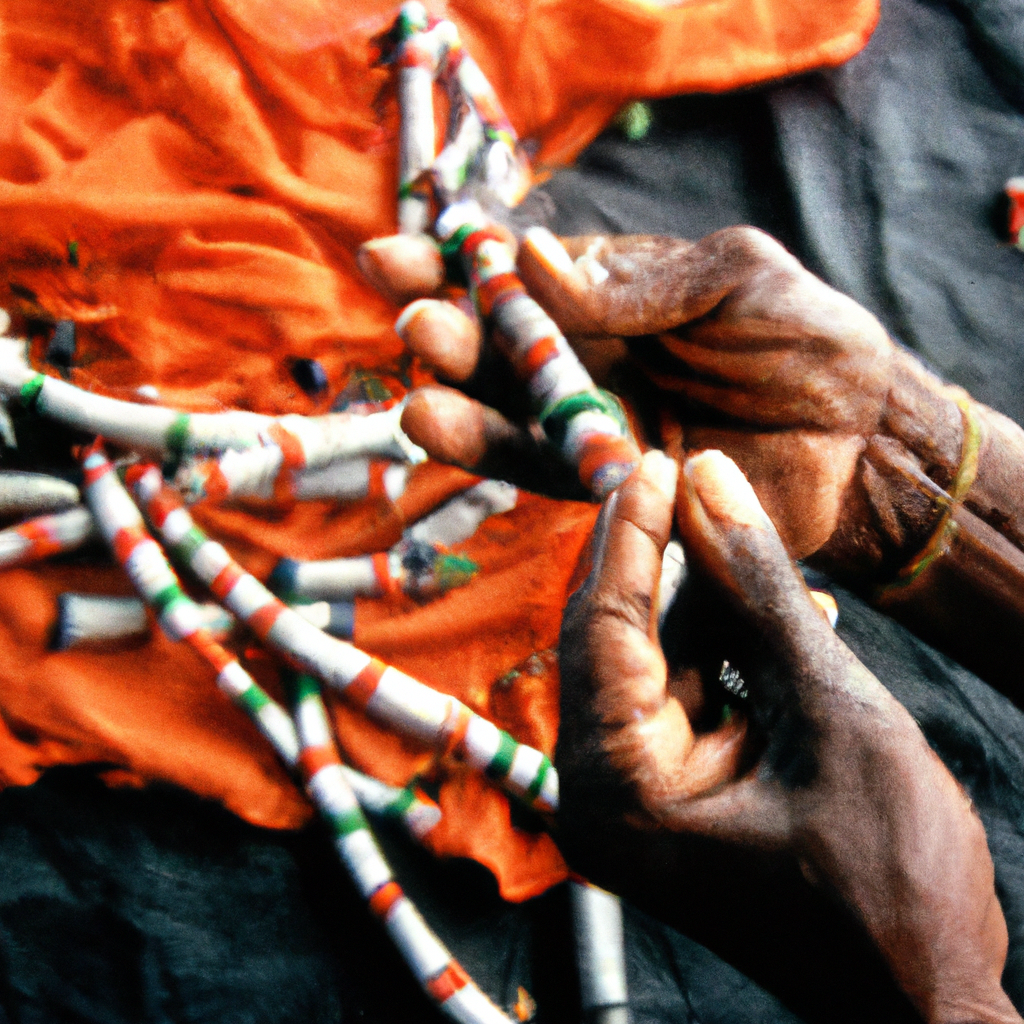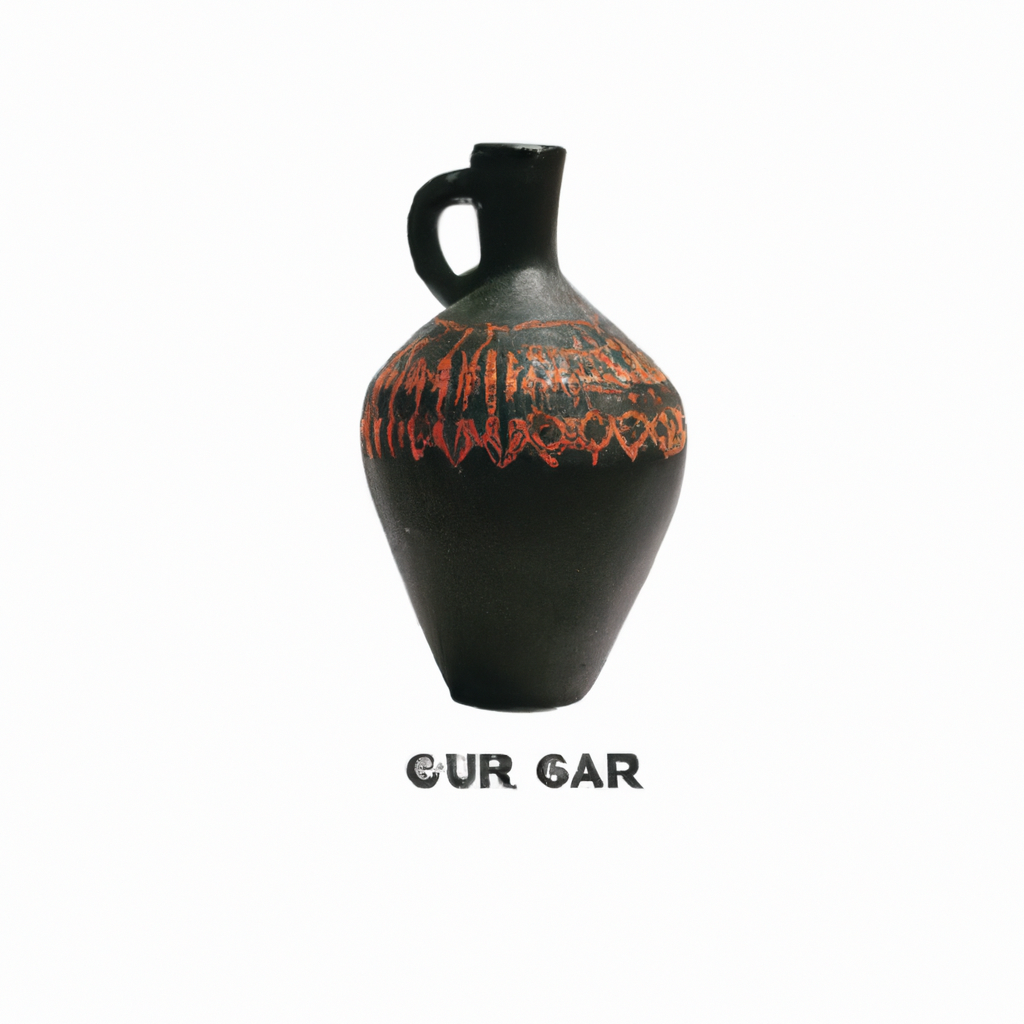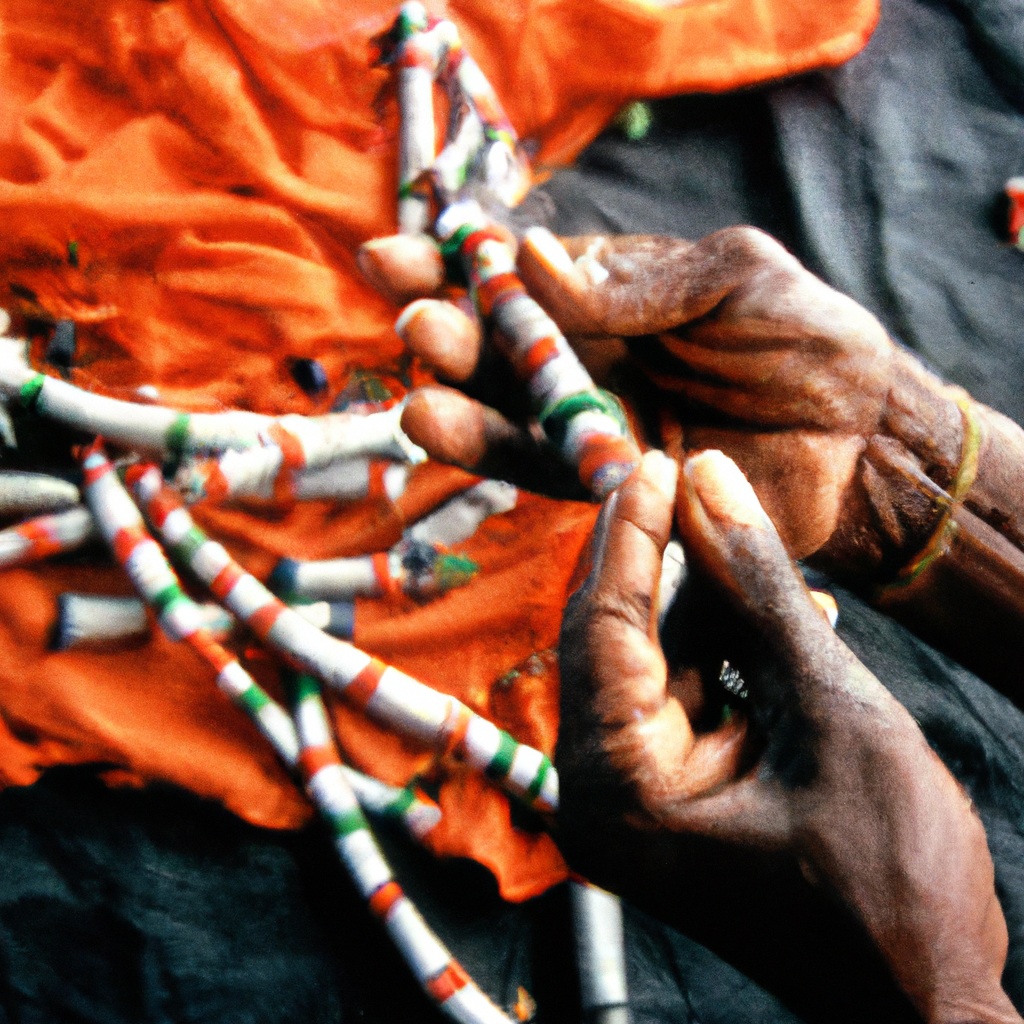Have you ever wondered about the fascinating cultural heritage of the Gikuyu people? Delve into the rich history and traditions of this vibrant community, as we explore the intriguing aspects of the Gikuyu identity. Discover the unique customs, art forms, and beliefs that have shaped the Gikuyu people for generations. From their language to their social structure, immerse yourself in the captivating world of the Gikuyu as we uncover the essence of their identity. Prepare to be captivated by this incredible journey of cultural exploration.
Introduction
Welcome to this comprehensive article about the Gikuyu people! In this article, we will explore the rich origin, history, culture, traditions, religion, social structure, economic activities, education, challenges, issues, and contributions of the Gikuyu people in Kenya.
Origin and History
Migration to Mount Kenya
The Gikuyu people, also known as the Kikuyu, are one of the largest ethnic groups in Kenya. Historically, they migrated and settled around Mount Kenya, the highest mountain in the country. The exact timeframe of their migration is still a subject of debate among historians and anthropologists, but it is believed to have occurred several centuries ago.
Formation of Gikuyu Society
Over time, as the Gikuyu people settled around Mount Kenya, they established a strong and vibrant society. The Gikuyu society was structured into clans, which were further divided into families. Each clan had its own distinct lineage and leadership structure, with the eldest male typically serving as the clan’s leader.
Interaction with Other Ethnic Groups
Throughout their history, the Gikuyu people have interacted with various other ethnic groups in Kenya. These interactions often led to cultural exchanges, trade, and intermarriage. As a result, the Gikuyu people developed a rich cultural heritage that is influenced by other ethnic groups in the region.

Culture and Traditions
Language
The Gikuyu people have their own language, also called Gikuyu or Kikuyu. It is a Bantu language, and it is widely spoken by the Gikuyu community. The language is known for its unique sounds, tonality, and rich vocabulary. It plays a significant role in preserving and passing on the Gikuyu cultural heritage from one generation to another.
Food and Cuisine
Gikuyu cuisine reflects the agricultural lifestyle of the community. Staple foods include maize, beans, potatoes, and vegetables. Additionally, the Gikuyu people are known for their traditional fermented porridge called “muratina.” This drink is considered a cultural symbol and is often shared during important ceremonies and gatherings.
Music and Dance
Music and dance are integral parts of Gikuyu culture. Traditional Gikuyu music is characterized by a combination of drums, rattles, and other traditional musical instruments. These songs and dances often convey stories, cultural values, and historical events. Gikuyu music and dance continue to be celebrated and performed during social gatherings and cultural festivals.
Religion and Beliefs
Traditional Beliefs
Traditionally, the Gikuyu people held strong belief systems centered around their ancestors and various deities. They believed in the existence of a supreme creator, Ngai, who resided on Mount Kenya. Ancestor worship was a significant part of their religious practices, with the belief that ancestors played a vital role in a person’s wellbeing and success.
Influence of Christianity
With the arrival of Christian missionaries in Kenya, many Gikuyu people converted to Christianity. Today, Christianity, particularly Protestantism, is widely practiced among the Gikuyu community. However, despite the influence of Christianity, many Gikuyu people still maintain certain elements of their traditional beliefs and practices.
Role of Ancestors
An important aspect of Gikuyu culture is the respect and reverence for ancestors. Ancestors are believed to have a continued presence in the lives of their descendants and are often consulted through rituals and prayers. The Gikuyu people believe that their ancestors can intercede on their behalf and provide guidance and protection.

Social Structure
Family and Kinship
The Gikuyu people place great importance on the family unit. Families are typically large and extended, consisting of multiple generations living together. Kinship ties are strong, and the extended family plays a crucial role in providing support, guidance, and protection to its members.
Community Organization
Beyond the family, the Gikuyu people are organized into age sets known as “kiama.” Each age set represents a specific stage of life and holds various roles and responsibilities within the community. The kiama system promotes cooperation, unity, and social harmony among the Gikuyu people.
Roles and Responsibilities
Gikuyu society has traditionally assigned specific gender roles and responsibilities. Men traditionally engaged in farming, hunting, and protective roles, while women took care of domestic tasks, such as cooking, cleaning, and raising children. However, with changing times, these roles have evolved, and both men and women now participate in various aspects of community life.
Economic Activities
Agriculture
Agriculture has been the mainstay of the Gikuyu economy for centuries. The fertile lands around Mount Kenya have allowed the Gikuyu people to engage in successful farming practices. They cultivate crops such as maize, beans, potatoes, and fruits. The Gikuyu people have a strong connection to the land, and farming continues to be a vital economic activity for many community members.
Trade and Commerce
Historically, the Gikuyu people were known for their vibrant trade networks. They engaged in long-distance trade, exchanging goods such as crops, livestock, and crafts with other communities. Today, many Gikuyu individuals and families are involved in various business ventures, contributing to Kenya’s economy.
Craftsmanship
The Gikuyu people have a rich tradition of craftsmanship and artistic skills. They are known for their skill in woodworking, pottery, weaving, and basketry. These traditional crafts are often passed down through generations and continue to be practiced and appreciated today.
Education
Traditional Education system
Before the introduction of Western education, the Gikuyu people had their own traditional education system. Education was primarily oral, with elders passing on knowledge, skills, and cultural values to the younger generation through storytelling, proverbs, and practical activities. The traditional education system played a crucial role in preserving and transmitting Gikuyu culture and traditions.
Introduction of Western Education
The arrival of European colonialists in Kenya brought with it the introduction of Western education. Missionaries played a significant role in establishing schools and providing formal education to the Gikuyu people. The adoption of Western education presented new opportunities and challenges for the Gikuyu community, shaping the educational landscape for future generations.
Modern Education System
Today, the Gikuyu people have embraced modern education systems. Schools and universities provide formal education to Gikuyu children and youth. Education has become a pathway to upward social mobility and economic opportunities for individuals within the community.
Challenges and Issues
Land Ownership and Redistribution
One of the significant challenges facing the Gikuyu community is land ownership and redistribution. Historically, their lands, particularly around Mount Kenya, have been subject to various policies, legislations, and disputes. Ensuring secure land rights and addressing historical injustices related to land remains an important issue for the Gikuyu people.
Political Representation
Like other ethnic groups in Kenya, the Gikuyu people have advocated for fair political representation. They have sought to ensure that their voices are heard, and their interests are represented in national and local governance structures.
Cultural Preservation
In the face of globalization and modernization, the preservation of Gikuyu culture and traditions poses a significant challenge. The Gikuyu people have made efforts to safeguard their cultural heritage through various means, including cultural festivals, language preservation, and community initiatives. However, the rapid pace of social change necessitates continuous efforts to preserve and promote Gikuyu culture.
Contributions to Kenya
Political Leadership
The Gikuyu people have made significant contributions to Kenya’s political landscape. Many prominent political leaders and visionaries, including Jomo Kenyatta, the first President of Kenya, hail from the Gikuyu community. Their contributions have played a vital role in shaping Kenya’s path towards independence, nation-building, and governance.
Business and Entrepreneurship
Gikuyu individuals and families have been at the forefront of Kenya’s business and entrepreneurship scene. They have excelled in various sectors, including agriculture, manufacturing, banking, and real estate. Their entrepreneurial spirit and business acumen have contributed to the economic development and prosperity of Kenya.
Literature and Arts
Gikuyu culture has produced renowned literary figures and artists. Writers, poets, and performers have used their creative talents to express and explore Gikuyu heritage, history, and contemporary issues. Their works have not only enriched Gikuyu culture but also contributed to the literary and artistic landscape of Kenya.
Conclusion
The Gikuyu people, with their rich history, vibrant culture, and significant contributions, play a crucial role in Kenya’s diverse society. Their journey from their migration to Mount Kenya, the formation of their society, the challenges they face, and their contributions to various aspects of Kenyan life, make them a fascinating and integral part of the country’s fabric. The Gikuyu people continue to thrive, preserving their traditions, adapting to changing times, and making a lasting impact in Kenya and beyond.

